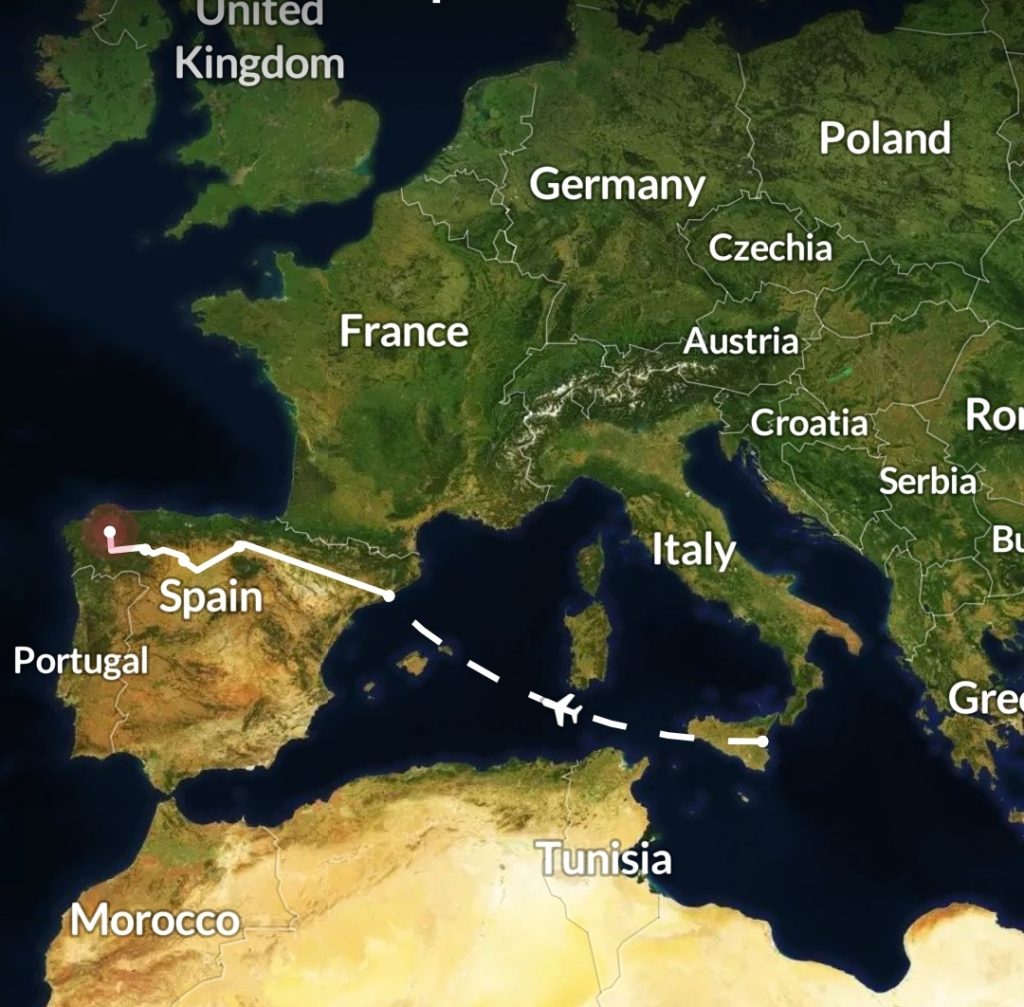With their smartphones in hand and their deep desire to travel, it’s hard to find this tech-savvy generation in any one location.
Millennials are wildly different from older generations and have different expectations for brands. Their demand for memorable moments and activities over material goods has created what many call the experience economy.
What role does travel play in the lives of Millennials?
Millennials don’t just see travel as something we do, we identify with it. We consider ourselves citizens of the world and we have an enthusiastic desire to immerse ourselves in another place and return rejuvenated, inspired, and ready for our next adventure. We are travelers.
Over the past couple of years, several reports have come out that an overwhelming majority of millennials say they prefer to spend their money on experiences over things. Louis Vuitton is out, Vietnam is in.
How are Millennials traveling differently than previous generations?
When it comes to Millennial travelers, the phone is the hub of planning, experiencing and sharing every trip. Social content is a major travel influencer: 87 percent of Millennials use Facebook for travel inspiration, and more than 50 percent use Twitter or Pinterest. Millennials say seeing where their friends on social platforms go on vacation holds weight when deciding their own trips. And it’s not just inspiration travelers seek from technology – 66 percent of Millennials book their trips via smartphone and 97 percent post on social networks and share their experiences while traveling. Moreover, Airbnb offers a cheaper option for Millennials to find accommodations anywhere they decide to go, as well as Google maps is invaluable, especially in foreign countries, to get directions.
What do Millennials look for in travel experiences?
When on vacation, Millennials want to be anything but a tourist. Instead, this generation is even more likely than most to seek to immerse themselves in the destination, becoming almost a part of the location they find themselves in.
86 percent of millennials would rather experience a new culture, compared to 44 percent who prefer to party or 28 percent who prefer to shop.
A 2016 study by MMGY Global found that Millennials took an average of 7.7 business trips over a twelve-month period—more than their older counterparts, Generation Xers (6.4 trips) and Baby Boomers (6.3 trips). And these Millennials are taking in the sights when they’re traveling on business: “Bleisure” travel (ahem, “business” + “leisure) has seen rising popularity among Millennials.
How can travel brands attract millennials?
It helps to have a great story, be socially conscious, and have really good reviews. But I think the number one way to attract millennials is to offer and execute well on something so unique that people feel compelled to share it on their social media. Millennials respect and rely on the opinion of their peers and if we see something super cool in a friend’s feed, that is way more credible than any magazine ad or sponsored blog post.


Comentarios recientes